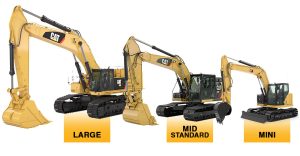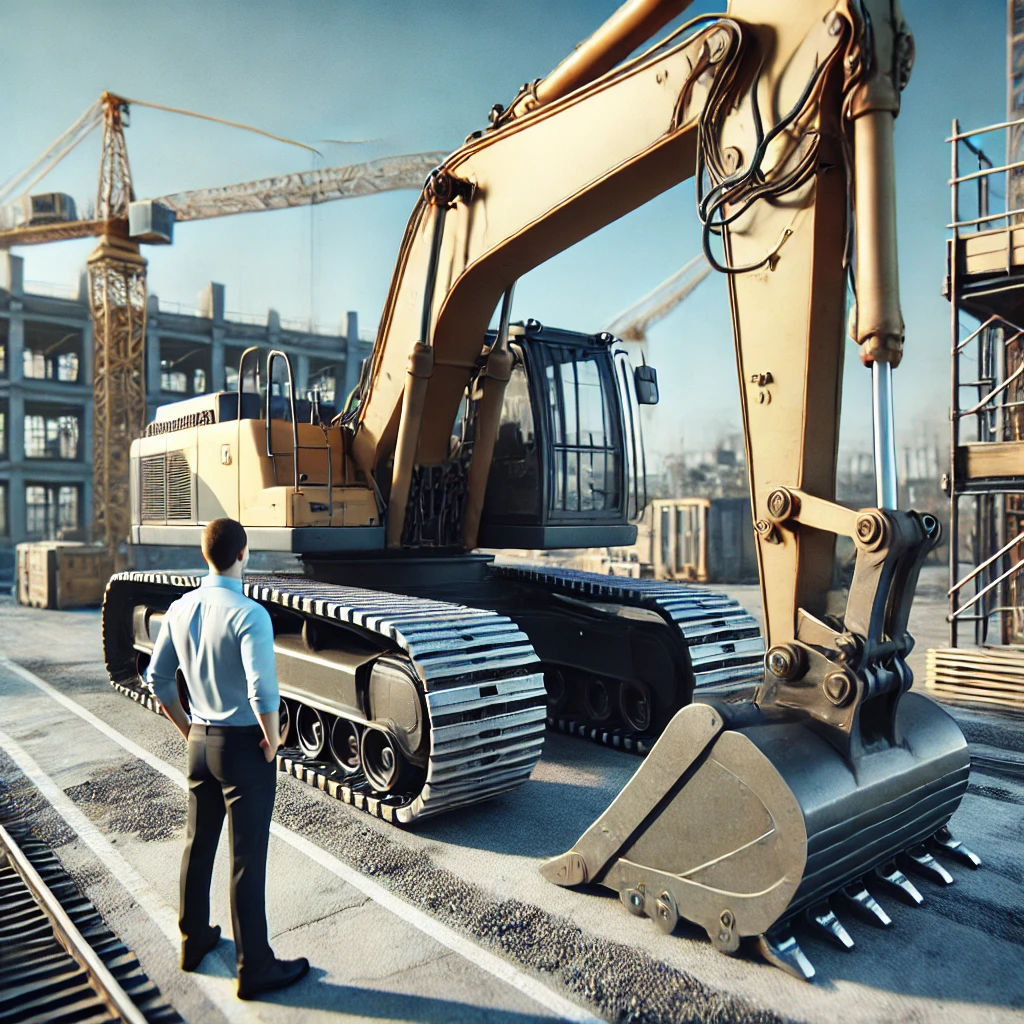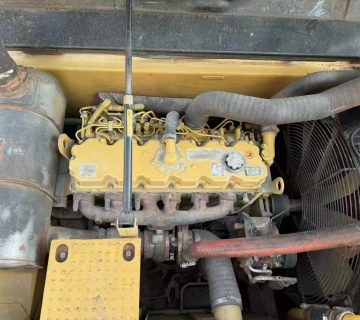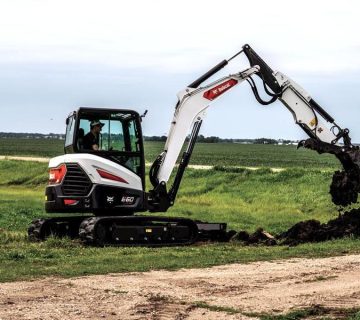Choosing the right construction equipment for your project is crucial to ensuring efficiency, productivity, and cost-effectiveness. Excavators are one of the most versatile excavator in the industry, but with so many types, sizes, and specifications available, it can be overwhelming to pick the right one. Whether you’re working on a large-scale project or something smaller, selecting the correct machine can make all the difference.
Here’s a step-by-step guide to help you make an informed decision.
1. Understand Your Project Needs
Start by clearly defining your project’s requirements. Are you digging deep trenches, handling heavy lifting, or working in tight spaces? The type of equipment needed will largely depend on these factors.
- Large-scale construction: If you’re working on roadwork, large landscaping tasks, or digging foundations, you’ll likely need a large excavator (e.g., 50-ton or above).
- Smaller projects: For residential or commercial projects, a mini excavator (e.g., 1 to 6 tons) is more appropriate. These smaller excavators are perfect for light digging and tasks in confined spaces.
2. Consider Size and Weight
Excavators come in various sizes, and selecting the right one involves finding the right balance between power and maneuverability. Larger machines have more power but require more space to operate, while mini models are easier to maneuver in tighter environments.

- Compact models: Great for jobs with limited space, such as city construction sites or landscaping.
- Standard models: These are most commonly used and typically range from 6 to 20 tons.
- Large models: Used for mining, roadwork, and heavy-duty projects, they weigh more than 20 tons.
3. Assess Site Conditions
Consider the terrain and ground conditions of your project site. Rocky, uneven, or soft terrain may require specialized equipment.
- Rocky conditions: A model designed for heavy-duty work, such as a tracked machine, is suitable.
- Soft or muddy conditions: If you’re working in soft ground, a rubber track excavator reduces pressure on the ground, minimizing the risk of getting stuck.
Also, think about whether your site has narrow access points. For tight spaces, a compact excavator might be your best option.
4. Hydraulic Power Matters
Hydraulic power is the heart of every digging operation. Machines with more powerful hydraulics can perform tougher tasks, handle larger attachments, and work faster.
- Look at the hydraulic flow rate (measured in GPM) and operating pressure when selecting a model. Higher figures give you more power for digging and lifting heavy loads, as well as using attachments like buckets, breakers, or hammers.
5. Maintenance and Serviceability
Even the most durable machines require maintenance. When choosing, consider how easy it is to access critical components for servicing. It’s also important to consider the brand’s reputation for after-sales service and the availability of spare parts in your area.
Brands like Caterpillar, Komatsu, and Hyundai are known for producing reliable, service-friendly machines, and they usually offer good warranties and maintenance plans.
6. Budget Considerations
Your budget plays a critical role in selecting the right equipment. If you’re on a tight budget, consider buying a used machine. Many pre-owned units are well-maintained and can offer great value.
However, always have used equipment checked by a professional to ensure it’s in good condition. Overhauled machines are an excellent option, as they are typically refurbished to meet high standards of performance.
7. Famous Brands
Here are five famous heavy machinery brands with links to their official websites:
- Caterpillar
- Komatsu
- Hitachi Construction Machinery
- Hyundai Construction Equipment
- Volvo Construction Equipment
Conclusion
Choosing the right equipment for your construction needs requires careful consideration of your project requirements, site conditions, and budget. Whether you opt for a compact model for a tight site or a larger, more powerful machine for heavy-duty work, understanding what you need and what’s available will make your decision easier.
By focusing on factors like size, hydraulic power, and fuel efficiency, you can select a excavator that will improve your project’s productivity and save costs in the long run.



